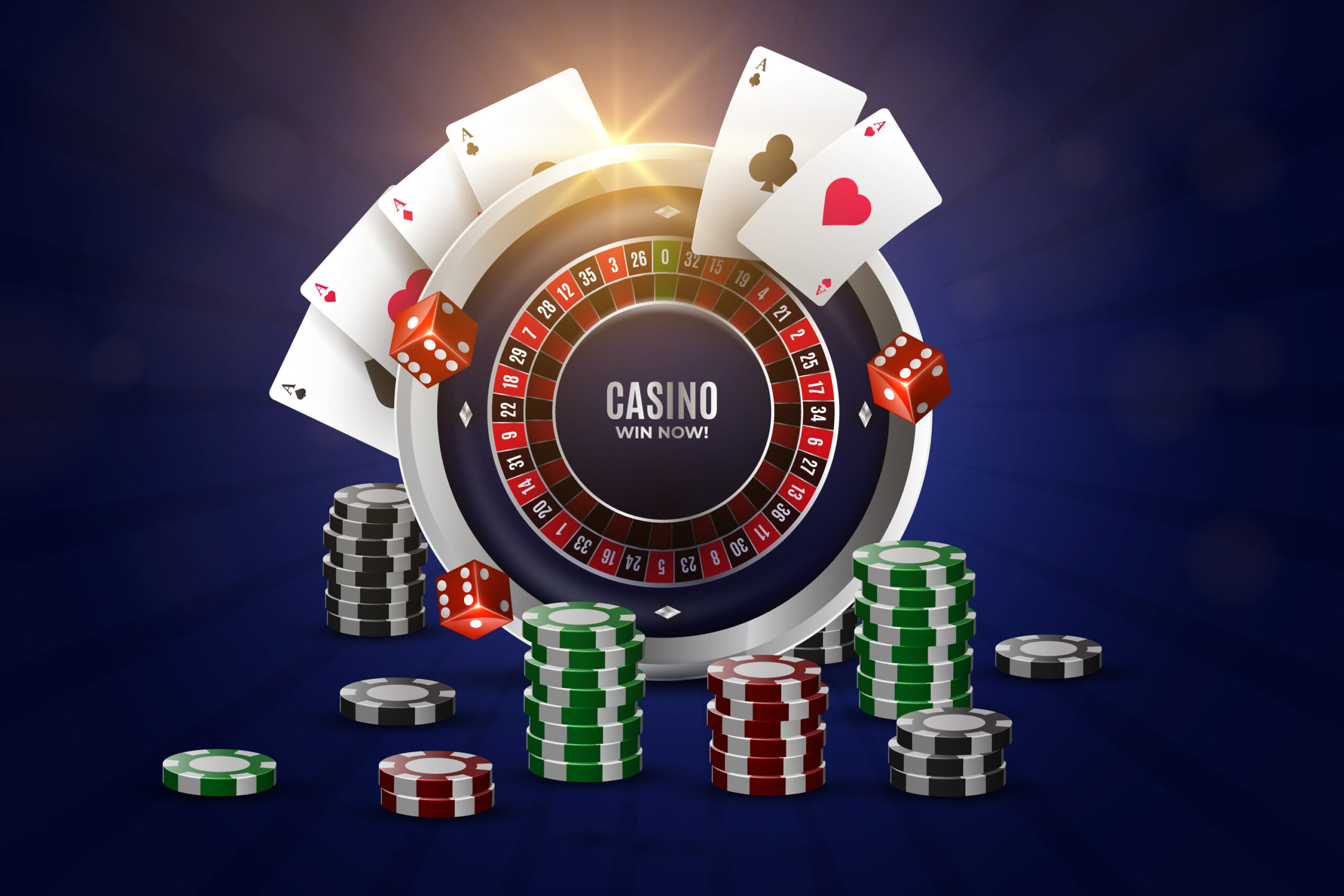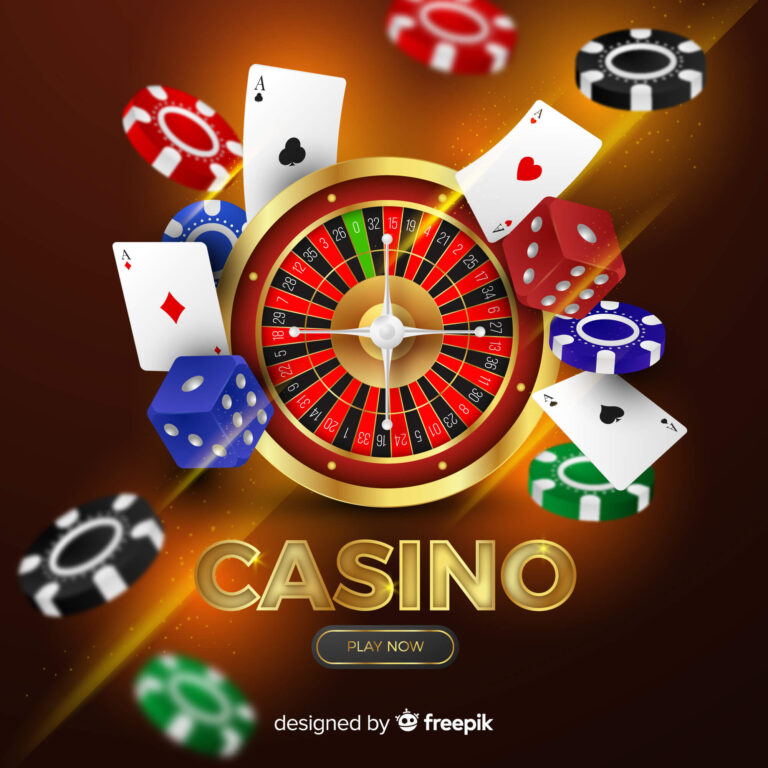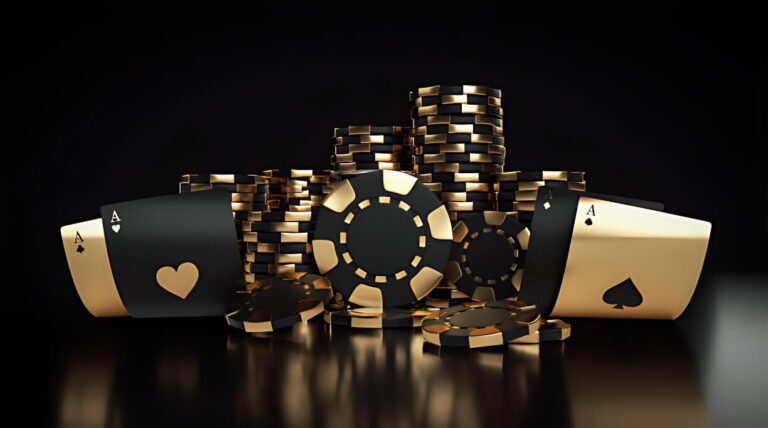Slot Machine Myths and Facts: Separating Truth from Fiction
Slot machines have long been a staple in casinos, both online and offline. Their bright lights, engaging sounds, and the promise of big wins attract millions of players worldwide. However, with their popularity come numerous myths and misconceptions. This article aims to separate fact from fiction, providing a clear understanding of how kdslot really work.
Myth 1: Slot Machines Are Due for a Win
Fiction: Many players believe that a slot machine that hasn’t paid out in a while is “due” for a win. This myth is rooted in the idea that each spin affects the next, creating a cycle where wins are bound to follow losses.
Fact: Slot machines operate using a Random Number Generator (RNG) that ensures each spin is independent of the previous one. This means that no amount of previous losses or wins affects the outcome of the next spin. Each spin has the same odds, regardless of what happened before.
Myth 2: Machines at the End of Aisles Pay More
Fiction: Some players think that casinos place their highest-paying machines at the ends of aisles to attract attention and create the illusion of frequent winners.
Fact: While it is true that casinos may strategically place machines in high-traffic areas to attract players, this placement does not affect the payout rate of the machines. The payout percentages are determined by the machine’s programming and not its physical location.
Myth 3: Using a Player Card Reduces Your Chances of Winning
Fiction: There is a widespread belief that using a player card to earn rewards and comps will decrease your chances of winning. Some think that the casino can manipulate the machine to pay out less to those using player cards.
Fact: The RNG that determines the outcome of each spin operates independently of the player card system. The card simply tracks your play for reward purposes and has no influence on the results of your spins. Whether you use a player card or not, your odds remain the same.
Myth 4: Slots Are Programmed to Pay Back a Certain Percentage
Fiction: Some players believe that slot machines are programmed to pay back a specific percentage, such as 90%, of the money they take in. They assume that once this percentage is met, the machine stops paying out.
Fact: While it is true that slot machines have a theoretical payout percentage, this does not mean the machine will stop paying out once a certain amount is reached. The payout percentage is calculated over the long term, over millions of spins, and not over a single session. This percentage is built into the machine’s programming but does not predict or limit short-term results.
Myth 5: You Can Influence the Outcome by Timing Your Spin
Fiction: A common myth is that stopping the reels at just the right moment can influence the outcome of the spin. Some players believe that timing their actions can lead to a win.
Fact: The RNG determines the outcome of the spin the moment you press the spin button. The stopping of the reels is purely a visual effect that has no bearing on the outcome. No amount of timing or skill can change the predetermined result of the spin.
Myth 6: New Machines Pay More
Fiction: It’s often believed that new slot machines are more likely to pay out in order to entice players to try them out.
Fact: The payout rate of a slot machine is set by the casino and the game developer, not by the machine’s age. New machines are programmed with the same RNG technology and payout percentages as older machines. Any perceived difference in payout is coincidental.
Myth 7: Hot and Cold Streaks
Fiction: Players often refer to machines as “hot” or “cold” based on recent payouts or lack thereof. A hot machine is thought to be in a streak of paying out, while a cold machine is believed to be in a losing streak.
Fact: As previously mentioned, each spin is independent due to the RNG. The concept of streaks is a result of human perception and pattern recognition, not an actual feature kdslots. What appears to be a streak is just a random sequence of outcomes.
Myth 8: Betting Maximum Increases Your Chances of Winning
Fiction: Some believe that betting the maximum number of coins or credits will increase their chances of hitting a jackpot or winning more often.
Fact: While betting the maximum can unlock higher payouts and progressive jackpots on certain machines, it does not change the odds of winning on a per-spin basis. The RNG determines the outcome, and the probability remains the same regardless of your bet size. However, for machines with progressive jackpots or bonuses that require maximum bets, betting max can indeed be necessary to qualify for those particular prizes.
Myth 9: Casinos Can Change Payout Percentages Remotely
Fiction: There is a belief that casinos can adjust the payout percentages of slot machines remotely, changing them at will to control how much they pay out.
Fact: Modern slot machines are highly regulated and must adhere to strict guidelines set by gaming commissions. Any changes to the payout percentages usually require physical access to the machine and are subject to regulatory approval. These changes cannot be made remotely and are not done on a whim.
Myth 10: Specific Times of Day Are Luckier
Fiction: Some players think that there are specific times of the day or night when slot machines are more likely to pay out.
Fact: The RNG ensures that the outcome of each spin is random and not influenced by the time of day. Casinos operate 24/7, and the odds remain consistent regardless of when you play. Any perceived patterns are purely coincidental.
Myth 11: Slot Machines Pay More During Promotions
Fiction: During casino promotions or special events, some believe that slot machines are loosened to pay out more in order to attract and retain players.
Fact: Casinos do not alter the payout percentages of slot machines for specific events or promotions. The integrity of the machines is maintained to comply with regulatory standards. Any increased payouts during such times are likely due to higher player traffic and more frequent play rather than changes in the machine’s programming.
Myth 12: Online Slots Are Rigged
Fiction: A common misconception is that online slots are rigged to cheat players out of their money, with the belief that online casinos can easily manipulate the games.
Fact: Reputable online casinos are subject to strict regulations and audits by gaming authorities. The RNGs used in online slots are designed to ensure fairness and are regularly tested by independent agencies. Playing at licensed and reputable online casinos ensures the same level of fairness as playing in a physical casino.
Myth 13: Slot Machines Have Memory
Fiction: Some players think that slot machines have memory and can remember previous spins, influencing future outcomes based on past results.
Fact: Slot machines do not have memory. Each spin is independent, and the RNG does not take into account any previous results. This ensures that every spin is random and fair.
Myth 14: Playing Slots is the Best Way to Earn Comps
Fiction: Many believe that playing slot machines is the quickest way to earn comps and rewards from the casino.
Fact: While it is true that slot play often contributes significantly to a player’s comp points, the rate at which points are earned can vary based on the casino’s reward program. Other games, such as table games or poker, can also earn comps, sometimes at different rates. It is best to check the specific casino’s rewards program for accurate information.
Understanding Slot Machine Mechanics
To fully dispel the myths and understand the facts, it’s important to delve into how slot machines work. Here are some key components and concepts:
Random Number Generator (RNG)
The RNG is the heart of every slot machine. It is a computer algorithm that generates random numbers corresponding to the symbols on the reels. The RNG operates continuously, even when the machine is not being played, ensuring that each spin is independent and random.
Payback Percentage
The payback percentage, or return-to-player (RTP), is a theoretical figure that indicates the amount of money a slot machine is programmed to return to players over an extended period. For example, a machine with a 95% RTP will return $95 for every $100 wagered over millions of spins. This percentage is not indicative of short-term results.
Volatility
Slot machine volatility, or variance, refers to the risk level associated with a particular machine. Low volatility slots offer frequent, smaller wins, while high volatility slots provide larger, less frequent payouts. Understanding a machine’s volatility can help players choose games that match their risk tolerance and play style.
Paylines and Bet Sizes
Modern slot machines offer a variety of paylines and bet sizes. Paylines are the patterns that determine winning combinations, and players can often choose how many lines to bet on. Bet sizes can vary from a few cents to several dollars per spin. Choosing the right combination of paylines and bet size is crucial for managing your bankroll and maximizing enjoyment.







